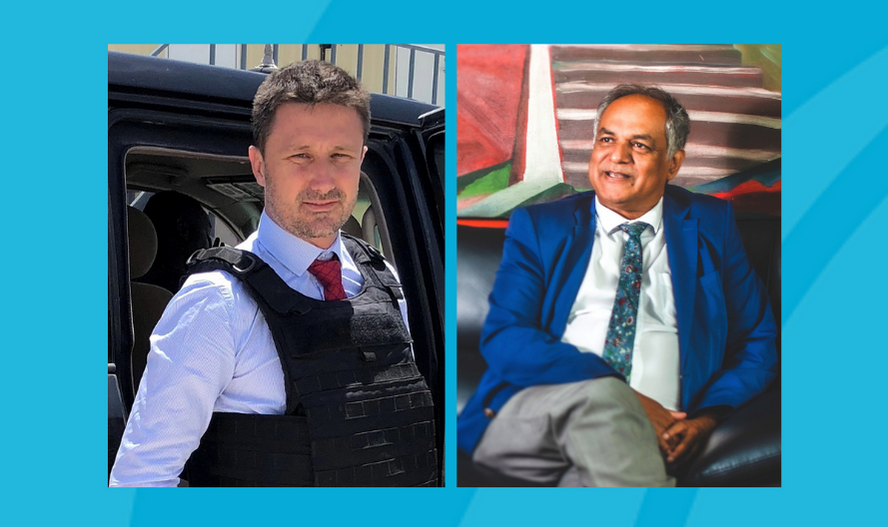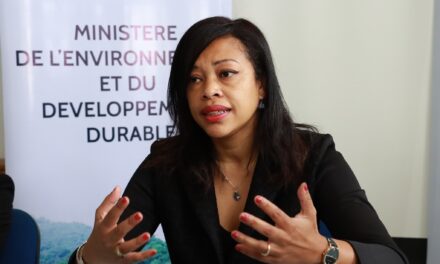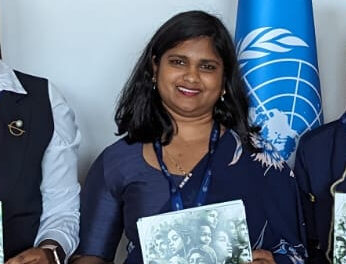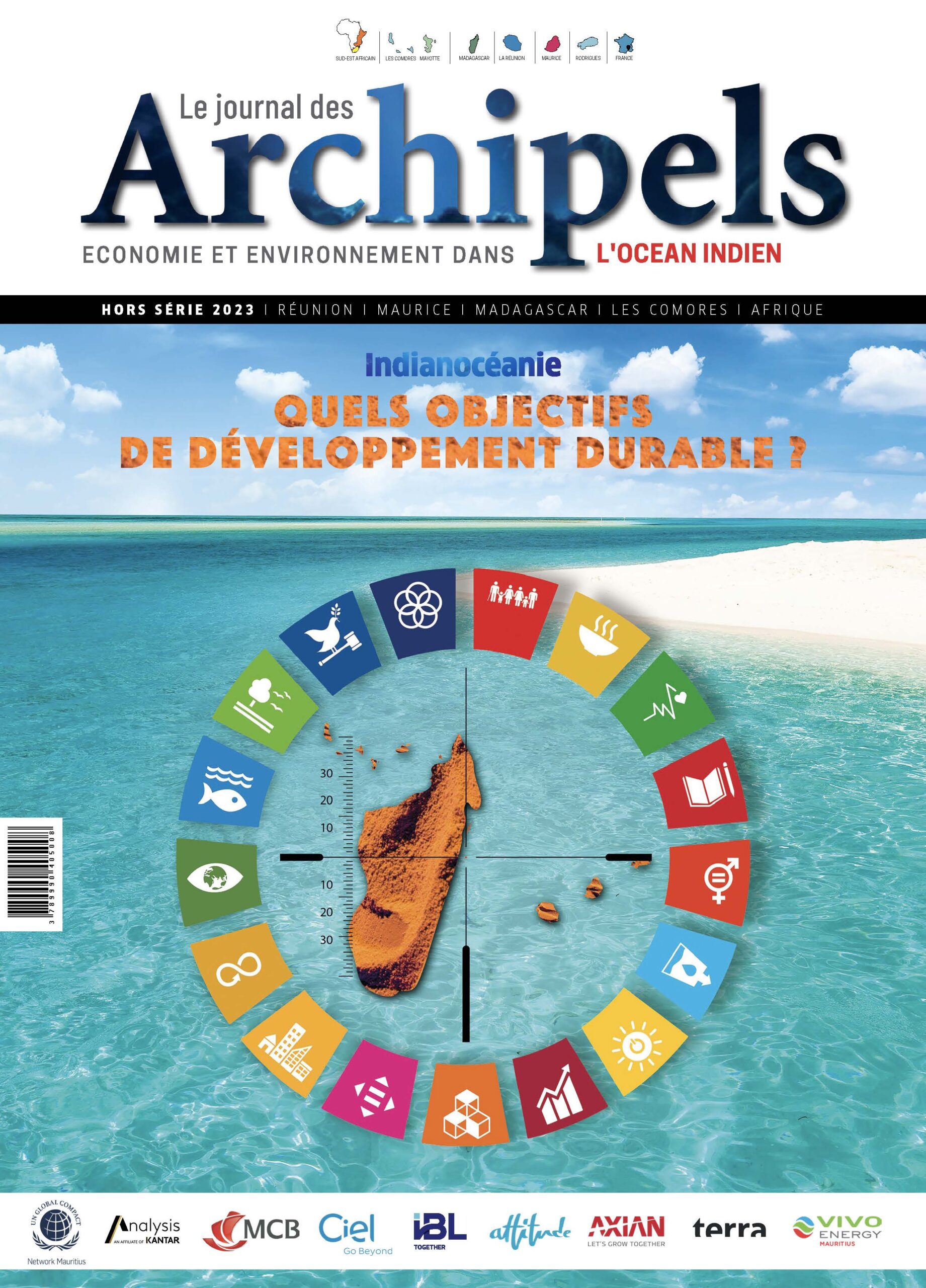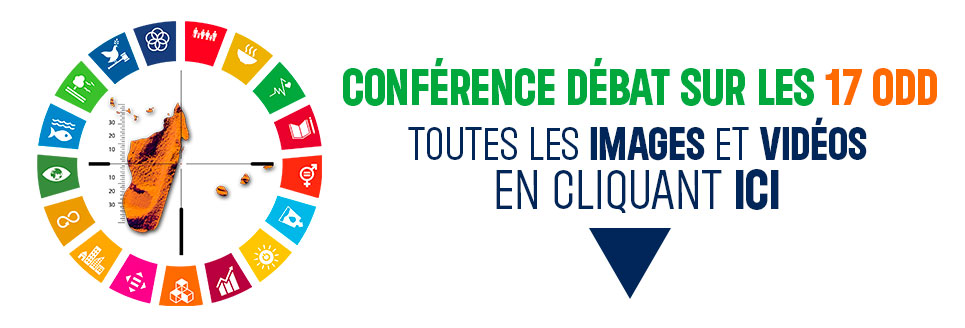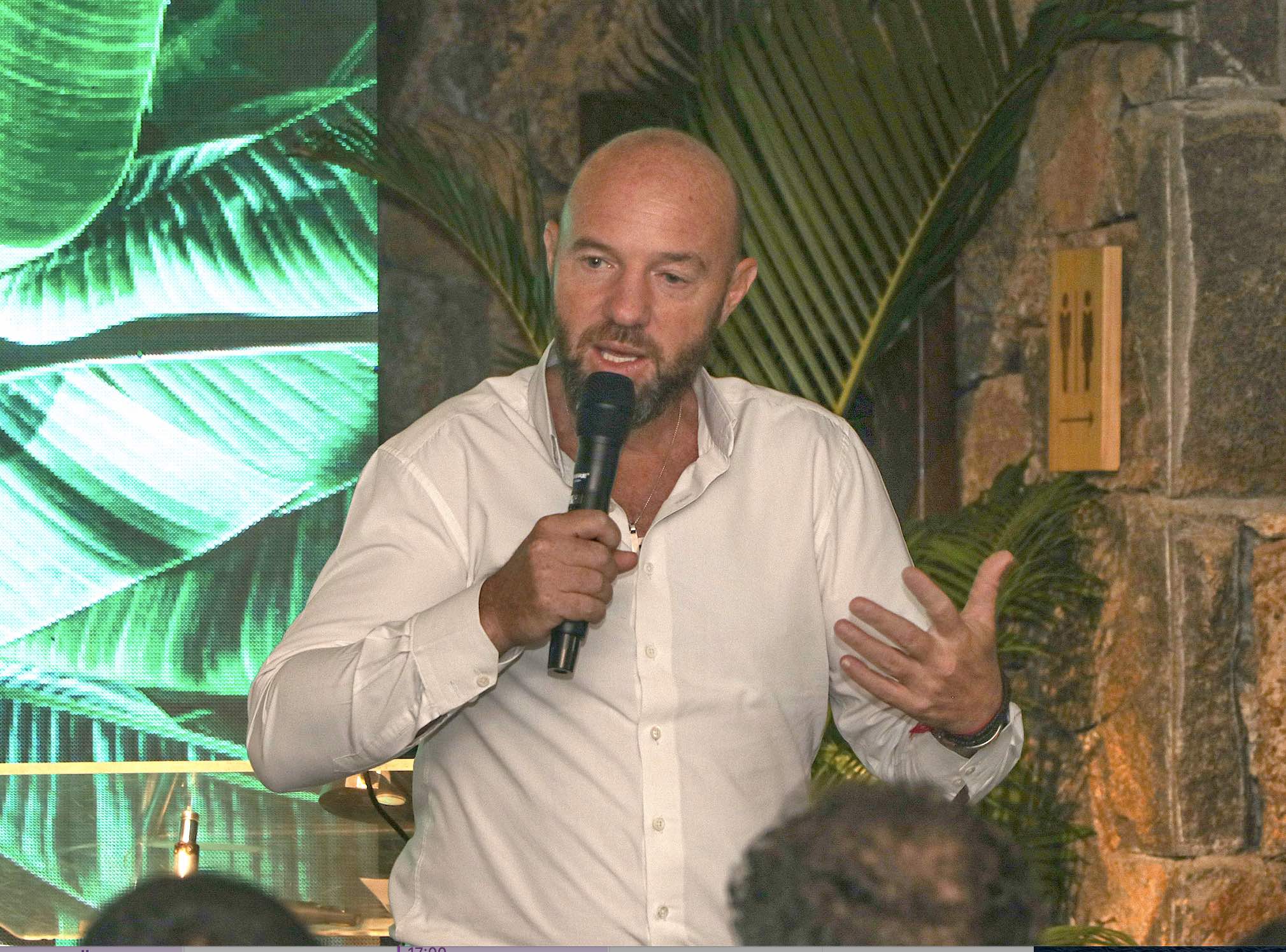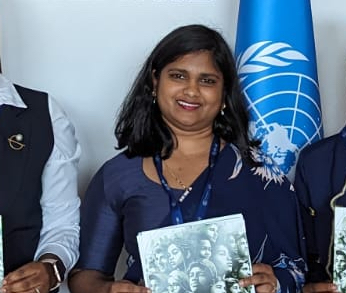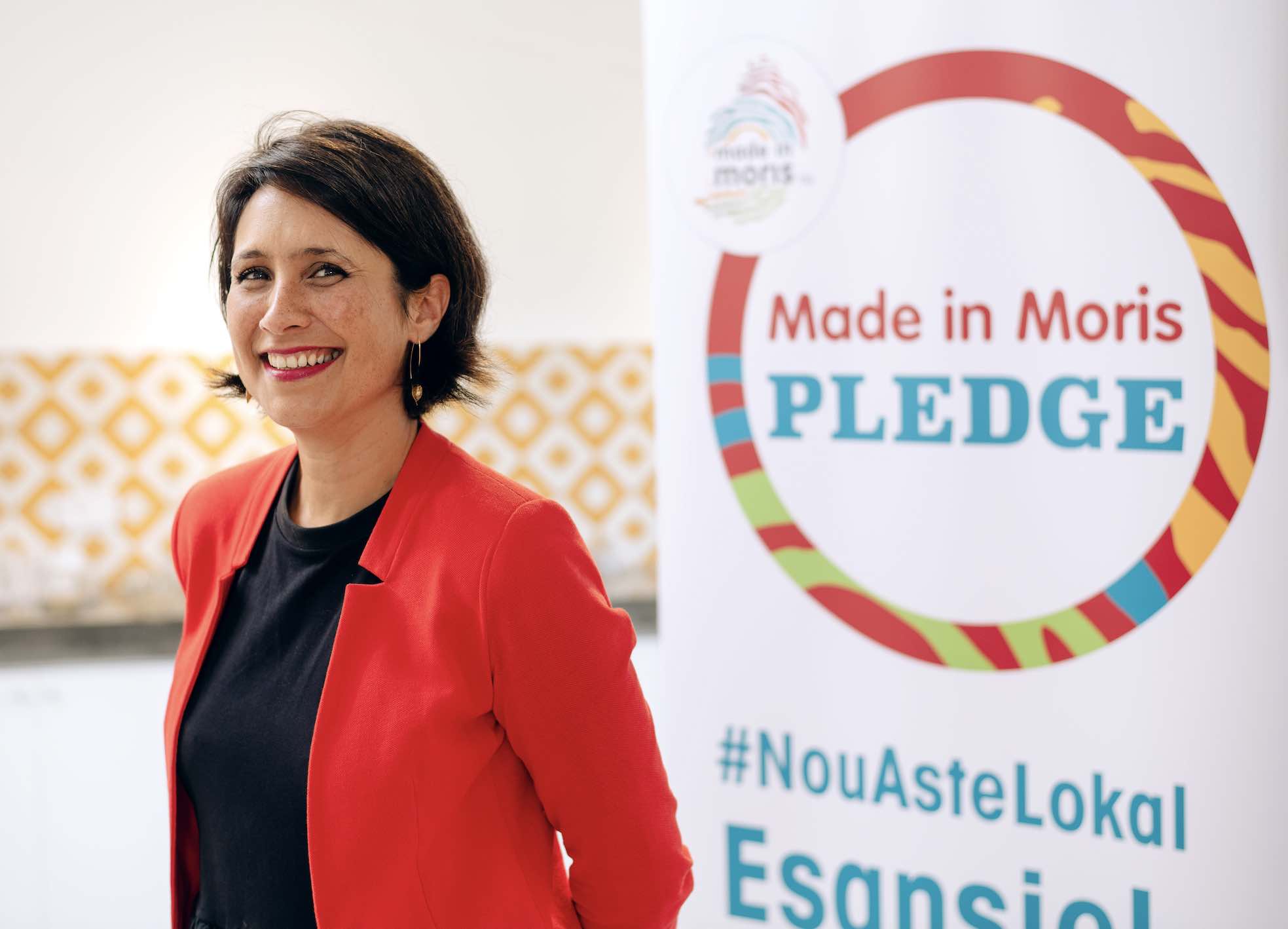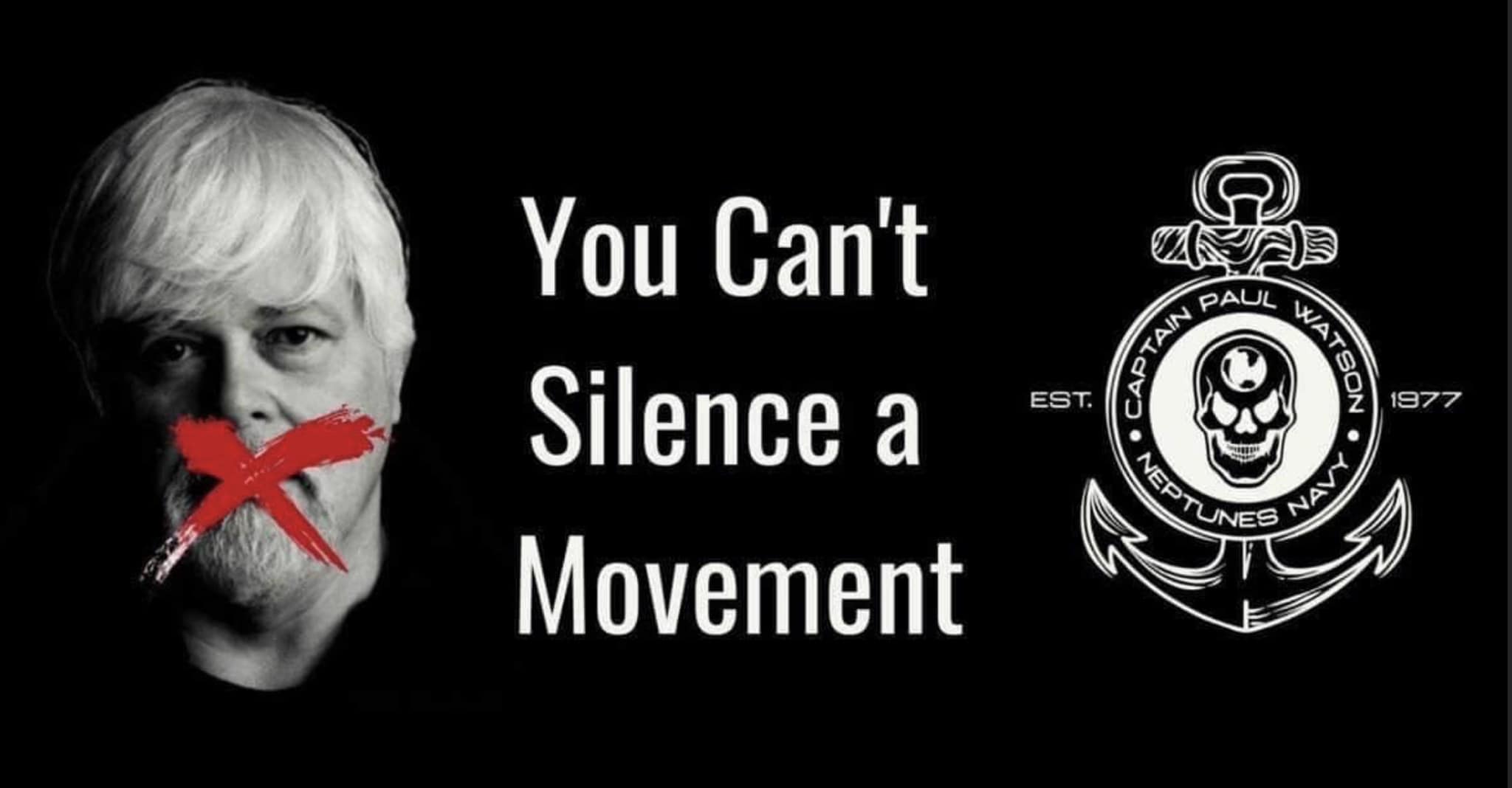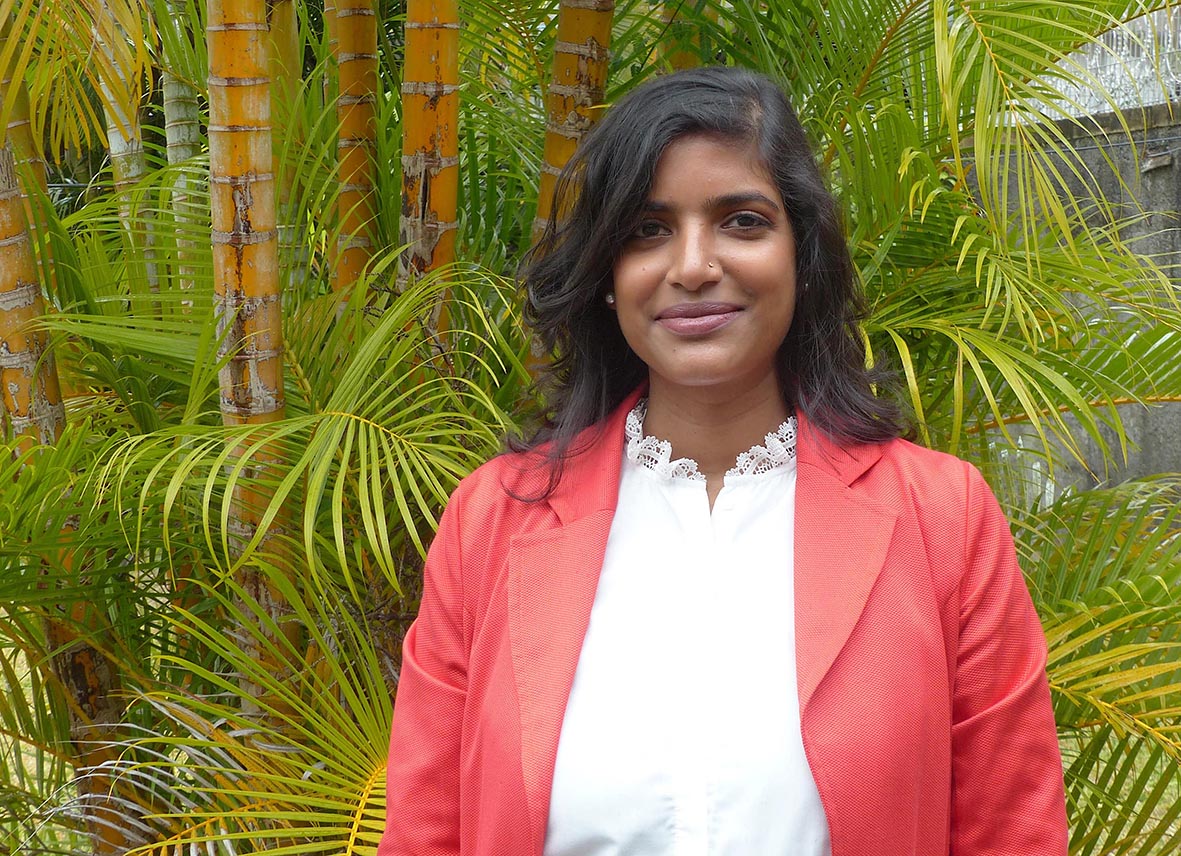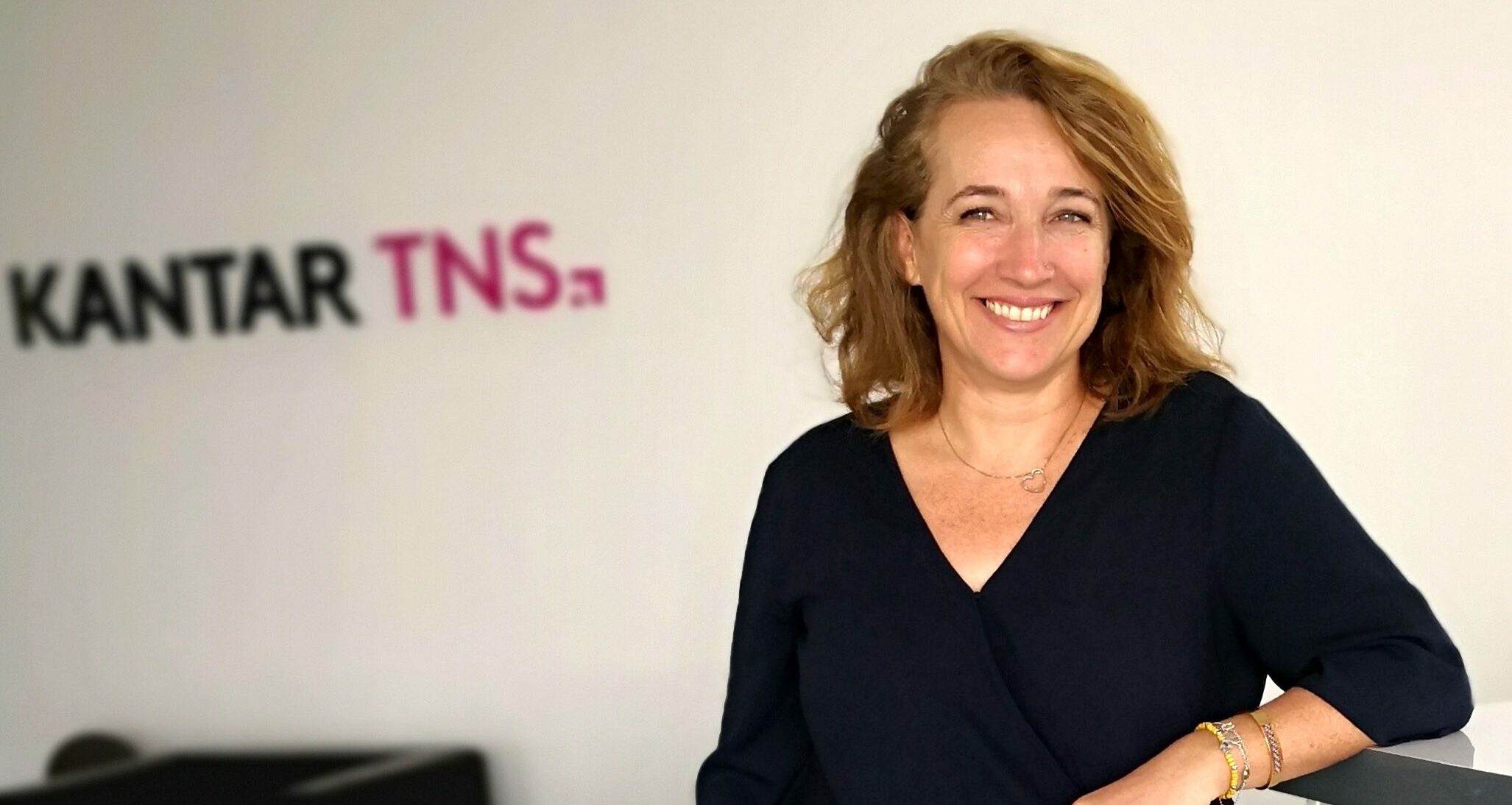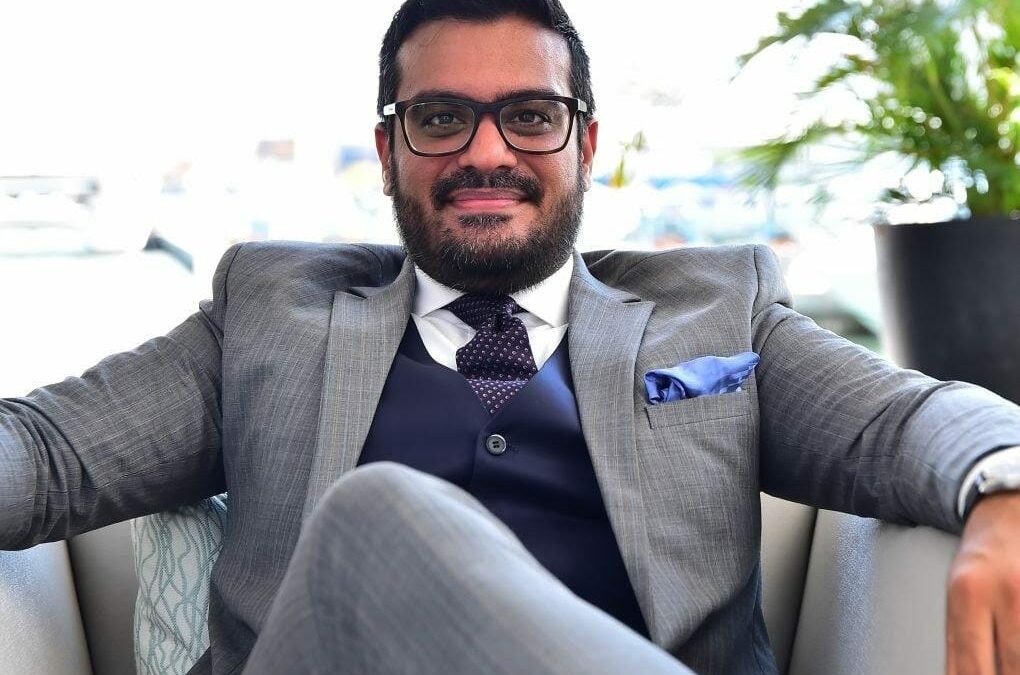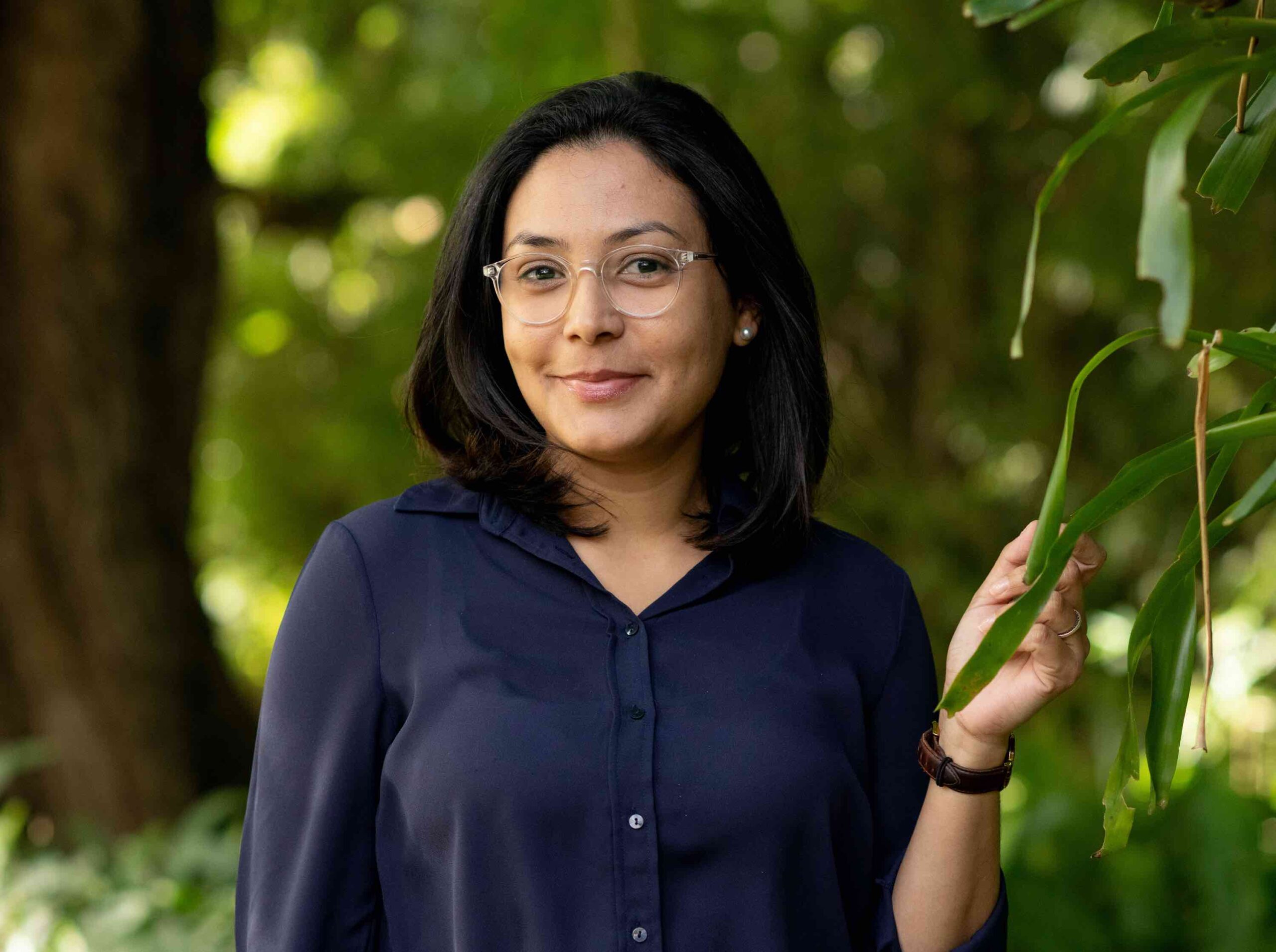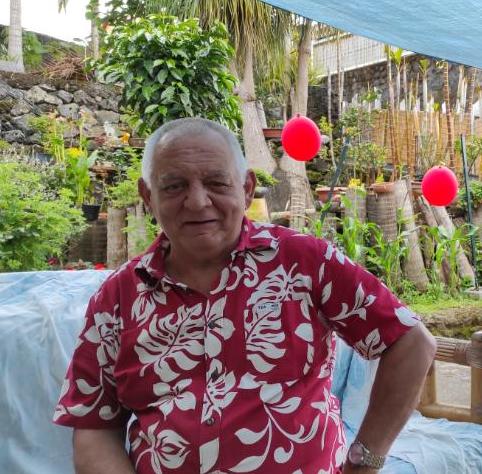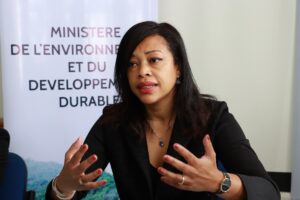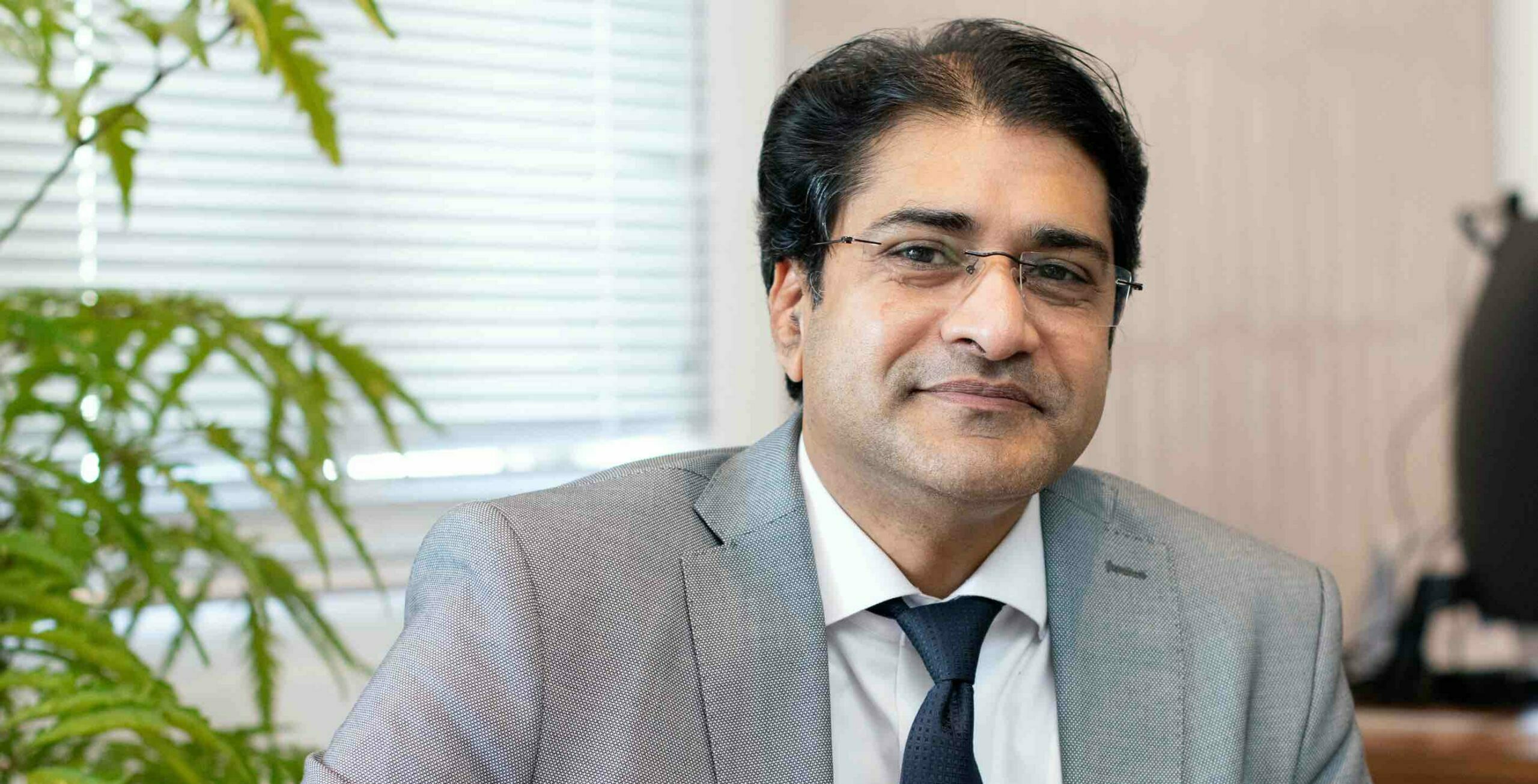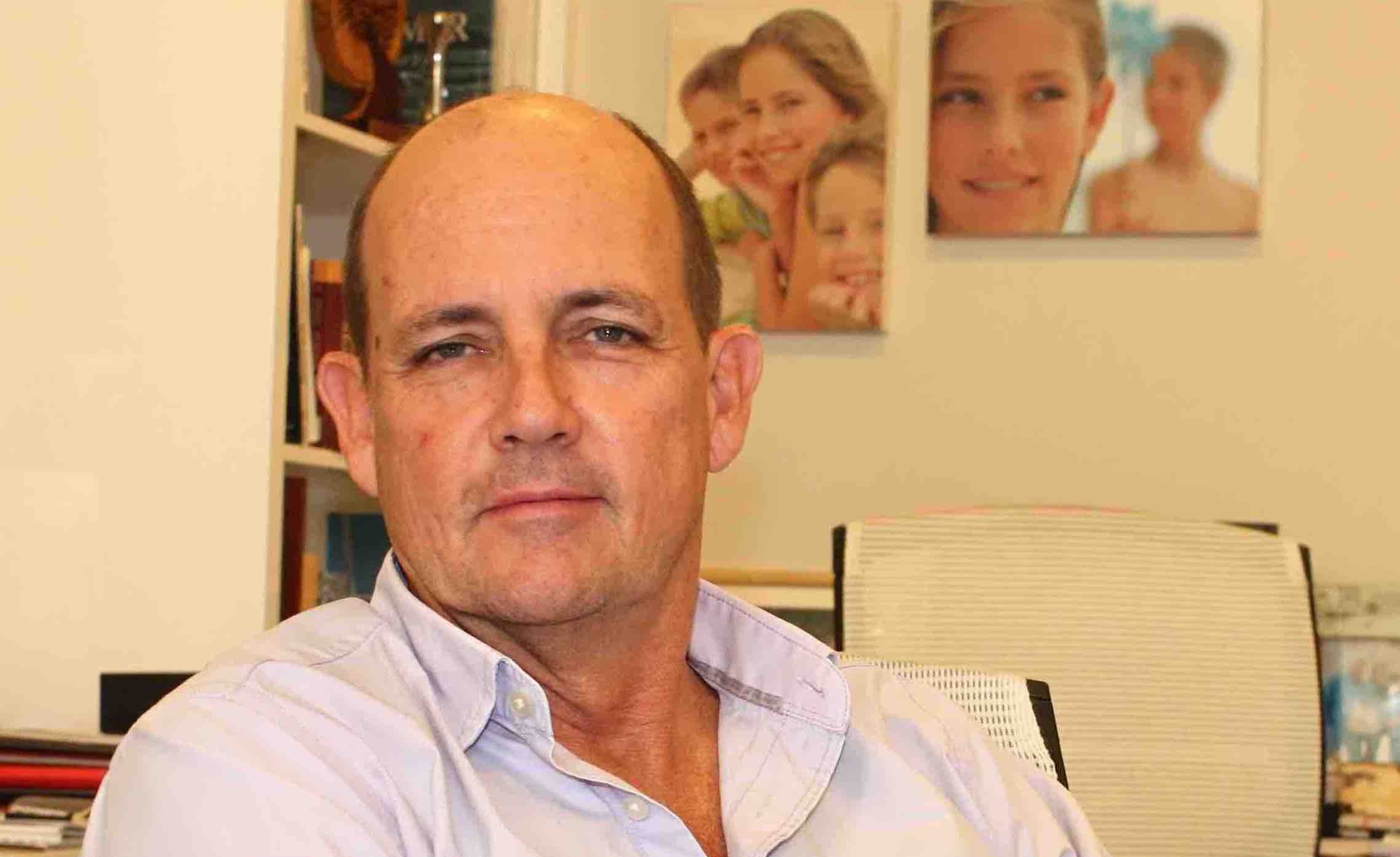IOC Secretary General Vêlayoudom Marimoutou and Julien Million, World Bank fisheries specialist, speak in a joint forum to inform on fisheries governance and more particularly the contribution of the IOC-WB SWIOFish project.
“For thousands of years, it was enough to throw a hook in the water, a net, or set a trap to harvest a sustenance from the seas. Fishing has always been one of the ways to feed mankind without worrying about the sustainability of the resource, since it was easily regenerated. Those were the days before. With the advent of predatory and sometimes illegal practices, the growing and sometimes frenetic demand, and the deterioration of ocean ecosystems aggravated by climate change, fishing is not the same as it used to be. What can be done? One answer can be summed up in the adage “to govern is to plan”. Ocean governance is needed to ensure the future of fishing and fishermen in the long term while maintaining ecosystems and the health of the oceans.
Overexploitation and economic losses
For the neophyte, sometimes even for the decision-maker, the improvement of fisheries governance in the South-West Indian Ocean may however seem secondary. This is not the case! The figures give an idea: in our area, 33% of the fisheries resources are exploited at a biologically unsustainable level[1]. In financial terms, these levels of exploitation generate considerable economic losses[2]! In addition to this, there is the ecological and economic cost of illegal, unregulated and unreported fishing (IUU fishing), which represents an estimated loss of 1 billion dollars per year in added value[3]. At a time when the island and coastal States of the South-West Indian Ocean are prioritizing the blue economy, it is clear that the challenges of a sector that directly supports millions of our fellow citizens must be addressed. And these challenges are multiple: governance, management, transparency, standards and controls …
A development challenge
It is therefore both important and urgent to act because it is a question of ecological balance, sustainability of the sectors and related resources, jobs, subsistence, food security and growth. In a word, it is a question of development. It is in this sense that the Indian Ocean Commission (IOC), the South West Indian Ocean Fisheries Commission (SWIOFC) and the World Bank have been committed since 2015 through the regional program SWIOFish[1]. Because the fisheries sector intersects with many other parts of our societies and economies, it appeared important to address the challenges of fisheries governance and resource management at the regional scale. The SWIOFish 1 project, amounting to 5 million dollars, thus aimed at supporting the SWIOFC and its 12 member countries[2] in a process of strengthening coordination and regional cooperation for the management and development of fisheries in the South West Indian Ocean.
Reinforced regional governance
Over the past six years, the targeted results have been achieved overall, despite the slowdown in activities imposed by the Covid pandemic19 :
. The guidelines for the minimum terms and conditions regulating access for foreign fisheries have been approved by all members of the CPSOOI;
. The number of agreements and protocols far exceeded the expected results, i.e. a total of 24 agreements and protocols against 6 targeted;
. 875 direct beneficiaries of the project of which 22% are women;
. Innovative measures for monitoring and regulating fisheries have been promoted and supported, such as the FiTI Standard for transparency in the fisheries sector (accessibility and availability of data, monitoring, etc.);
. Collaborations with regional fisheries monitoring, control and surveillance initiatives have been carried out, in particular with the IOC Regional Fisheries Monitoring Plan supported by the European Union;
.The regional fisheries observer program supported by SWIOFish 1 has achieved international distinction by winning the first prize at the International Conference on Fisheries Observation and Monitoring in Vigo, Spain in 2018.
In addition, the support provided to SWIOFC has allowed several member countries to submit joint proposals for resolutions to IOTC, in addition to seeking a common position on the major tuna species in the ongoing quota negotiations in the Technical Committee for Allocation Criteria. More generally, the support provided to the SWIOFC throughout the project has strengthened the structure, deepened the collaboration of the parties and allowed fisheries managers, technicians and decision-makers to meet regularly with the aim of improving regional fisheries governance.
Foundation of a sustainable ocean
These governance actions provide an essential foundation for the development of the sector and the management of fisheries in a sustainable, accountable and transparent manner. This is all the more important as fisheries resources are by nature shared resources. This action by the World Bank, the CPSOOI and the IOC therefore contributes to the consolidation of one of the socio-economic pillars of the region, taking into account the other initiatives underway. The sustainability of the SWIOFC, and of a financial mechanism supporting it, is a political and strategic priority for the governance and good management of the regional fisheries sector. Discussions have progressed but a firm agreement must be reached to establish the governance of the sector. It is this collective approach, in synergies, that will enable our States and communities to give substance to the Sustainable Development Goal 14 for a sustainably managed ocean. [1] FAO “The State of World Fisheries and Aquaculture 2020. Sustainability in action,” Rome, 2020, page 57. Reference is made here to 2017 data. [2] Economic losses due to overexploitation or exploitation to the maximum biological potential of fish stocks were estimated, already in 2008, at 225 million dollars! [3] FAO, 2017 [4] The SWIOFish program is financed by the World Bank for a total amount of $219.7 million, including nearly $60 million in grants. It is divided into three project cycles with regional and/or national components: Regional SWIOFish1 ($5 million) which addresses fisheries governance at the regional level complemented by two national projects for Comoros ($9.5 million) and Mozambique ($18.3 million); Regional SWIOFish2 ($9 million) which promotes a blue and circular economy in African island countries, supports the Federation of Artisanal Fishermen of the Indian Ocean and the Indian Ocean Tuna Commission; SWIOFish 2 national for Madagascar with a credit line of $65 million; SWIOFish3 ($25 million) which supports the Seychelles in setting up innovative mechanisms for the blue economy; SWIOFish4 ($18 million) with a project for the sustainable development of fisheries resources in the Maldives. [5] Comoros, France, Kenya, Madagascar, Maldives, Mauritius, Mozambique, Seychelles, Somalia, South Africa, Tanzania, Yemen.


